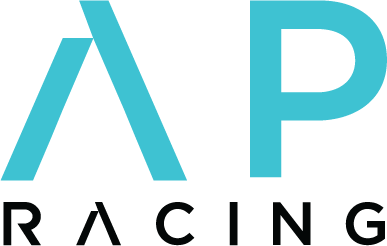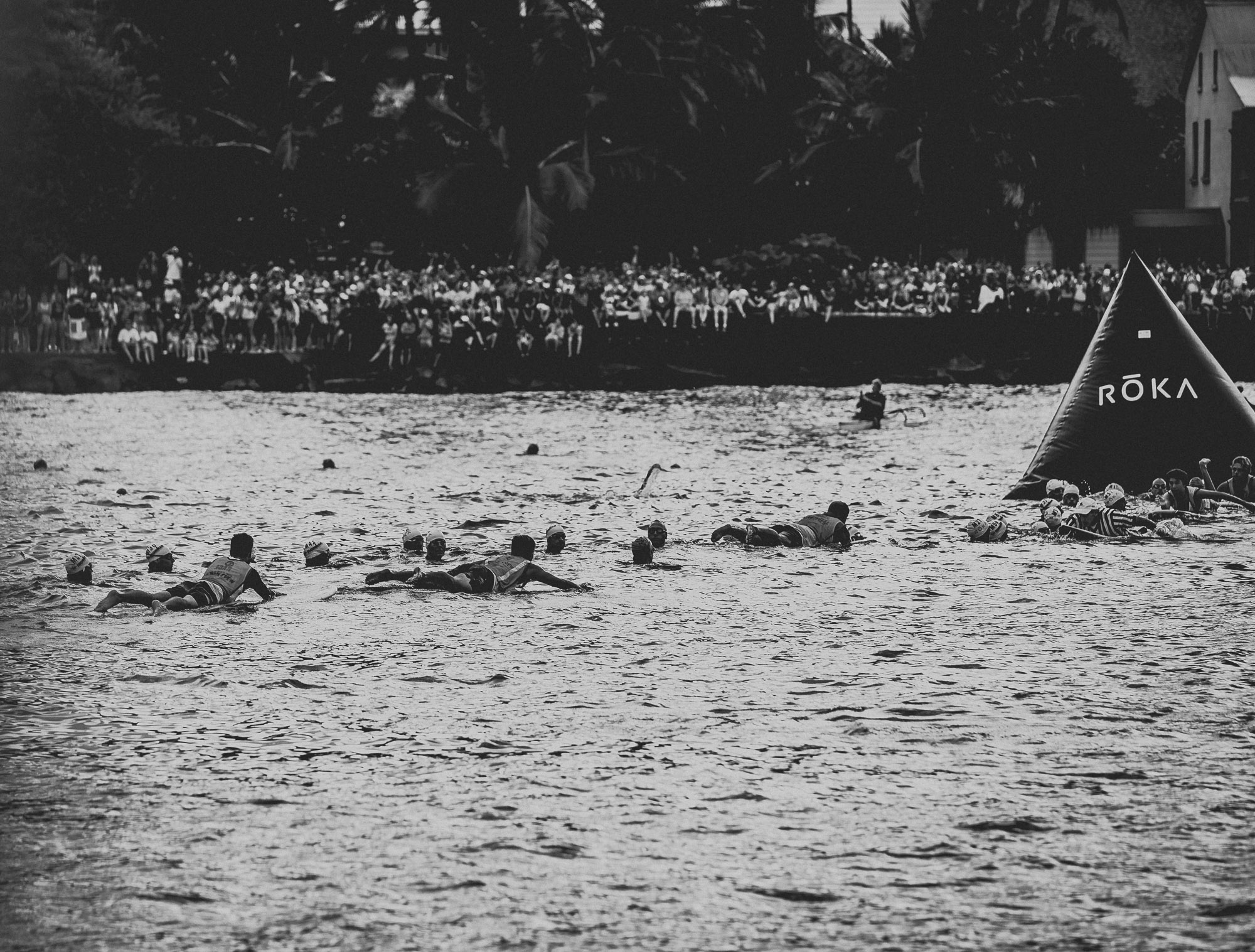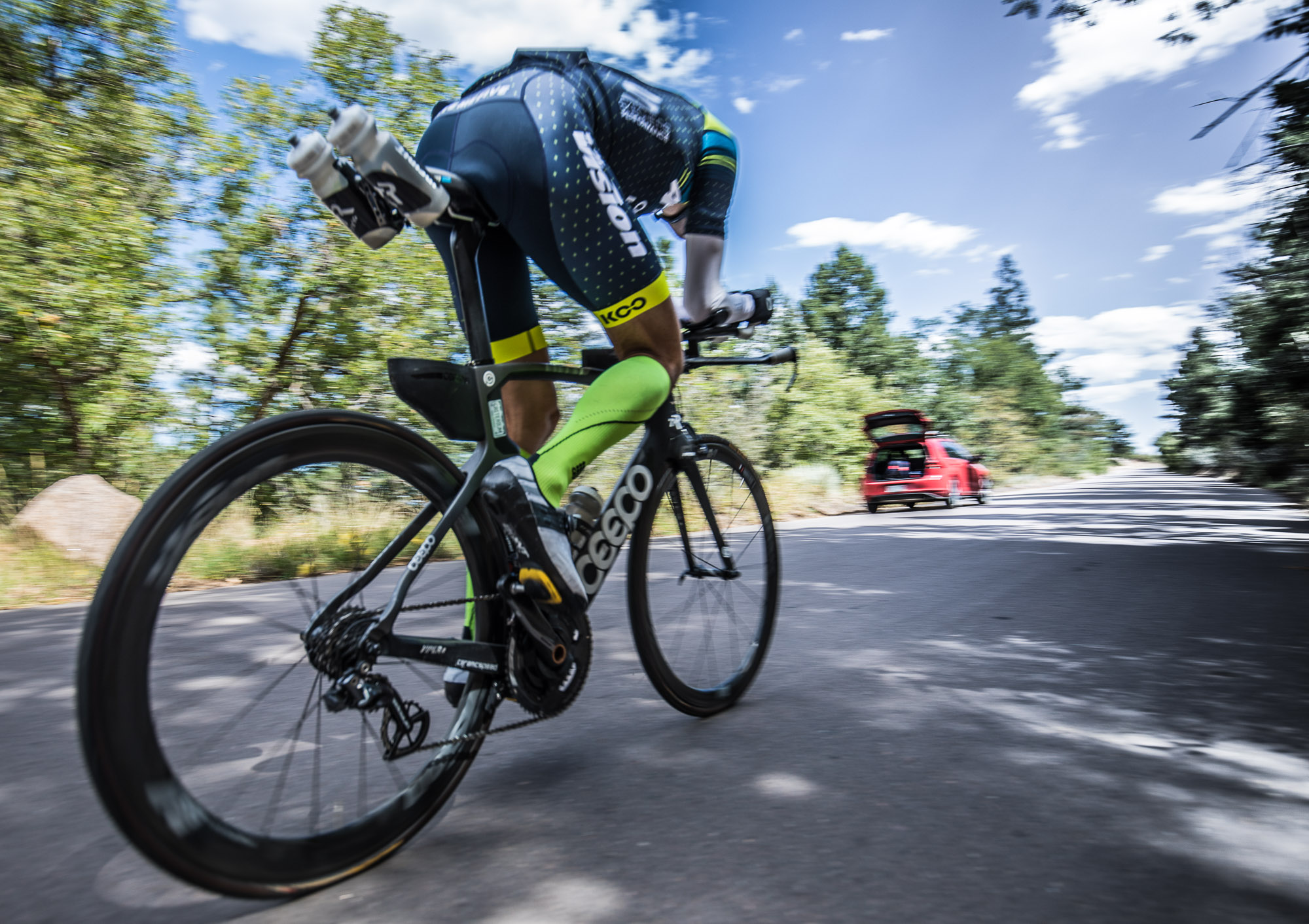Somebody has to say it...
Somebody better tell you this, it might as well be me
Triathlon is an inherently difficult sport. You have to develop a sort of mastery of all 3 sports while also dealing with the daunting task of time management. It is in the time management side of the sport that I think a lot of people simple mess up.
Folks ask me all the time how I can ‘fit it all in’ and manage my time. I can tell you that it is hard, and training is my full time job. While each of you are at work, I am training. While each of you are commuting, I am training. While each of you are at work dinners or meetings or whatever, I am training. My key responsibilities are family first(always), training or preparing to race, and working with my partners to help them achieve their goals. My point- training for a triathlon and managing your time to train is a monumental achievement.
Is it possible- absolutely. I also think that individuals, or individuals with their coaches need to take a hard look at their goals, objectives and what their actual time availability is. This is where having a great coach or well designed training plan matter most (Cough, Cough- I heard AP Racing are the best at this, you should check us out- AP RACING COACHING #justsaying)
Now, here is for some cold hard truths: Most people do not train enough to achieve their goals. Most people do not train ‘specific’ enough to reach their goals. And most people are downright delusional as to what being consistent in their training means. We are firm advocates at AP Racing of looking forward and not looking back. With that, at the micro level, when you miss a workout, it is not a big deal, but when you take a step back, you can start to realize that missed workouts over time can actually be detrimental. Let me give you a simple example.
Let’s say you are a ‘typical’ to ‘above average’ AG athlete in terms of hours training per week-
Average Time Training Per Week: 15 hours per week (3 swim hours in 3 sessions, 9 bike hours in 4 sessions, 3 run hours in 4 sessions)
Weeks Training Per Year: Let’s assume 40
Total Training Time Per Year(averages): 600 (120 swim, 360 bike, 120 run)
Missed Sessions: Now, let’s say you miss 1 swim per month, 1 bike per month and/or 1 run per month. We find this is on the low side of things for most AG athletes
Missed Time Per Year: Assuming the above, that means you would miss over 3.3 weeks of swim training, 2.5 weeks of bike training, and 2.5 hours of run training. Could you imagine if you just ‘took off’ for that time during an important part of your training cycle; you would go nuts. But, you are just leaving those days out there without realizing the cumulative effect over time.
Now, this example is for an athlete that trains, on average, 15 hour per week. Think about how this effect is compounded for an athlete that trains 20, 25, 30, or the professional that might train 40+ hours a week. The effects can be a major difference in performance and/or success/failure.
Just like with gains or success in training, failure does not come from one missed session, one bad day, or one bad set. It is the cumulative effect of all of the micro decisions and work we put in over time. It is a slow drip that might be sabotaging your training, just like it is a slow, steady flow of consistent, repeatable training that will lead to success.
Okay, enough of the metaphors, time to get out and train. Make Today Count and GIVE ME FIVE!
If you want to learn more about how to take your training to the next level and join me in your triathlon journey. Find out here!





